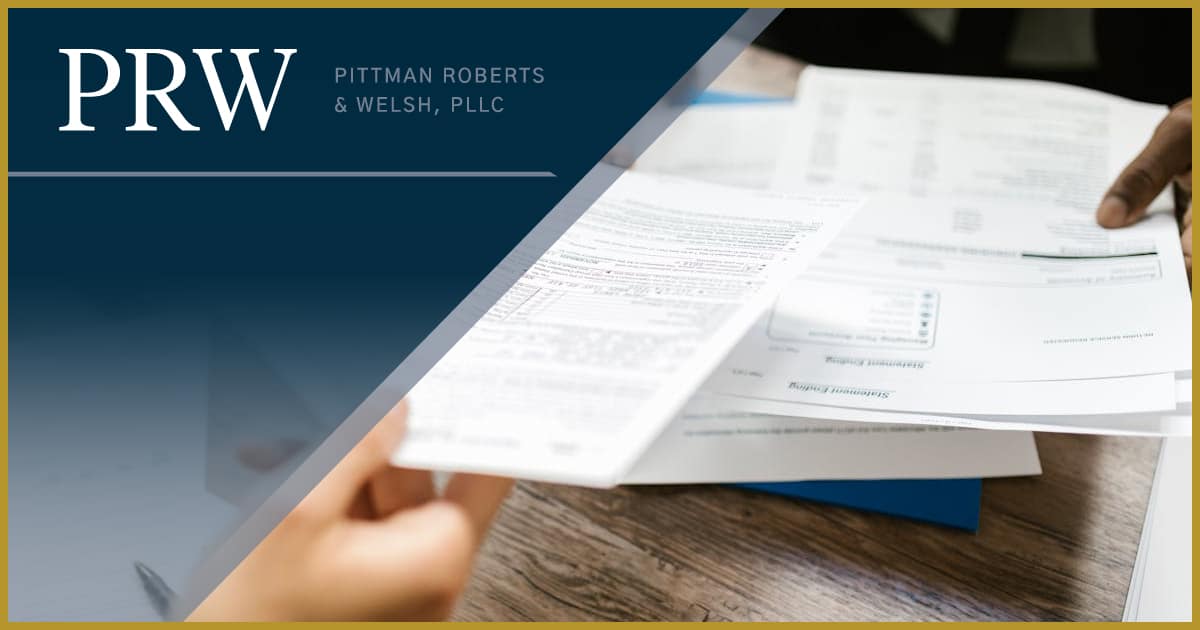What Happens When a Car Accident Claim Exceeds Insurance Limits?

When you’ve been involved in a vehicle collision, and have suffered injuries or damage, generally the at-fault party’s insurance policy offers you compensation for your expenses like property damage and medical bills.
With mounting medical bills, car repairs, or any number of other financial stressors, car accidents can be devastating, and if you’re injured and can’t work, you need compensation to cover the costs you have.
But what happens when a car accident claim exceeds insurance limits?
We’ll discuss standard policy limits and what you can do if your car accident claim exceeds insurance limits.
What Is a Car Insurance Policy Limit?
Before we dig into what happens when a policy limit is reached, it’s necessary to understand what a policy limit is. All insurance policies have what is called a “policy limit”, which is the maximum amount that a car insurance company will pay out after an accident.
Most policies have separate limits for bodily injuries and property damage, and most insurance companies offer policyholders the opportunity to upgrade to better coverage. However, since that raises monthly premiums, most policyholders choose the minimum coverage allowed in their state.
According to Mississippi law, every driver is required to have minimum liability coverage of 25/50/25.
This means a maximum of $25,000 for bodily injury (per person), $50,000 per incident, and $25,000 for property damage. With the rising costs of medical procedures and car repairs, these minimum requirements may not cover costs in a vehicle collision, and policyholders have the option to pay a higher premium for higher coverage maximums.
How Are Policy Limits Reached?
In most car accidents, the claims presented to insurance companies don’t even come close to reaching the policy limits. However, if you’re involved in a serious car accident that results in severe injuries and damage to your vehicle, there is a greater chance your claim will exceed the at-fault driver’s insurance policy limit.
Some of the more severe injuries that can lead to policy limits being reached are:
- Severe or lifelong injuries or impairments
- Spinal cord injuries or paralysis
- Traumatic brain injuries (TBIs)
- Loss of a limb
- Severe burns or deformities
Any vehicle collision that causes surgeries, hospitalization, rehabilitation, or at-home support will quickly exceed the limits of most insurance policies, but even so, it may still be a challenge to recover the amount of compensation you need to cover your bills.
Available Options If Your Claim Exceeds Limits
If the at-fault driver’s insurance pays out the maximum amount that the policy allows and you still have unpaid damages, there are other avenues you can take to get more compensation.
File with Your Own Insurance
Most states offer, but don’t require, drivers to carry underinsured motorist coverage. This coverage usually comes packaged with your liability insurance policy unless policyholders choose to opt out.
It’s one of the easiest ways to secure additional compensation, and its intended purpose is to help in cases like this when the at-fault driver’s insurance limit has been met but when you still have outstanding bills relating to the accident.
Settle with the At-Fault Driver
It’s possible that you can come to a settlement agreement with the at-fault driver and their insurance. In this instance, the at-fault driver’s insurance will pay out to the policy maximum, and the driver will agree to cover the rest of your costs with their personal assets.
However, a settlement is only possible if the at-fault driver has the necessary assets to cover the costs.
File a Claim with an Umbrella Policy
Some drivers have something called an umbrella policy, which provides additional liability coverage beyond the normal limits of an auto insurance policy. For example, if you have $45,000 in damages or medical bills and the at-fault driver’s insurance policy has a limit of $30,000, then the umbrella policy will cover the remaining costs.
Pursue a Lawsuit
If all other options fail, you can always file a lawsuit against the at-fault driver. Suing their insurance company generally is not going to work out well in our firm’s experience.
However, you can file a personal injury lawsuit against the driver responsible for your crash. You will have to prove that the driver was negligent in some way, such as driving distracted or breaking road laws.
As you can see, securing compensation for an auto accident claim that exceeds policy limits is often difficult, especially if you attempt to pursue it on your own. Consulting with an attorney who regularly handles Jackson, MS car accidents will not only make your case stronger but will also take the stress of dealing with insurance companies off of you so that you can focus on recovering.
Our attorneys at Pittman, Roberts & Welsh, PLLC have experience handling insurance claims regarding car accidents and we would be happy to take a look at your case during your free consultation.







